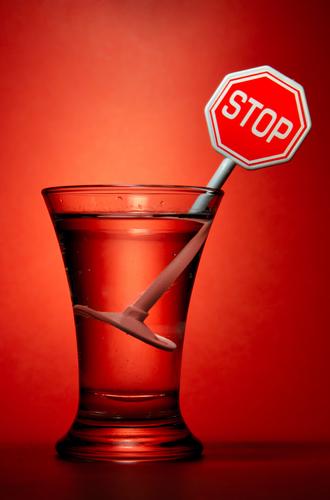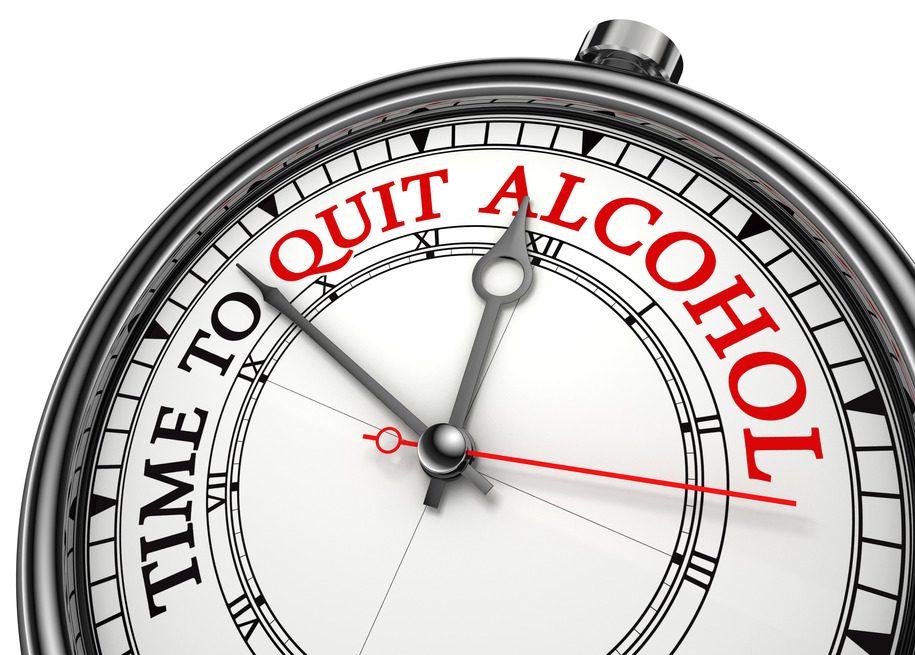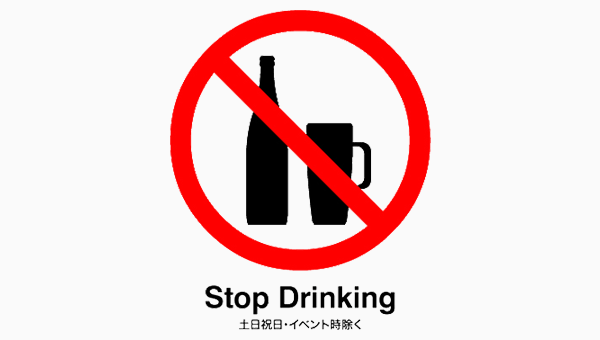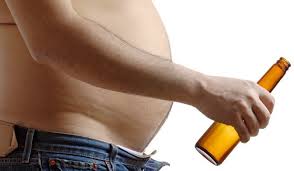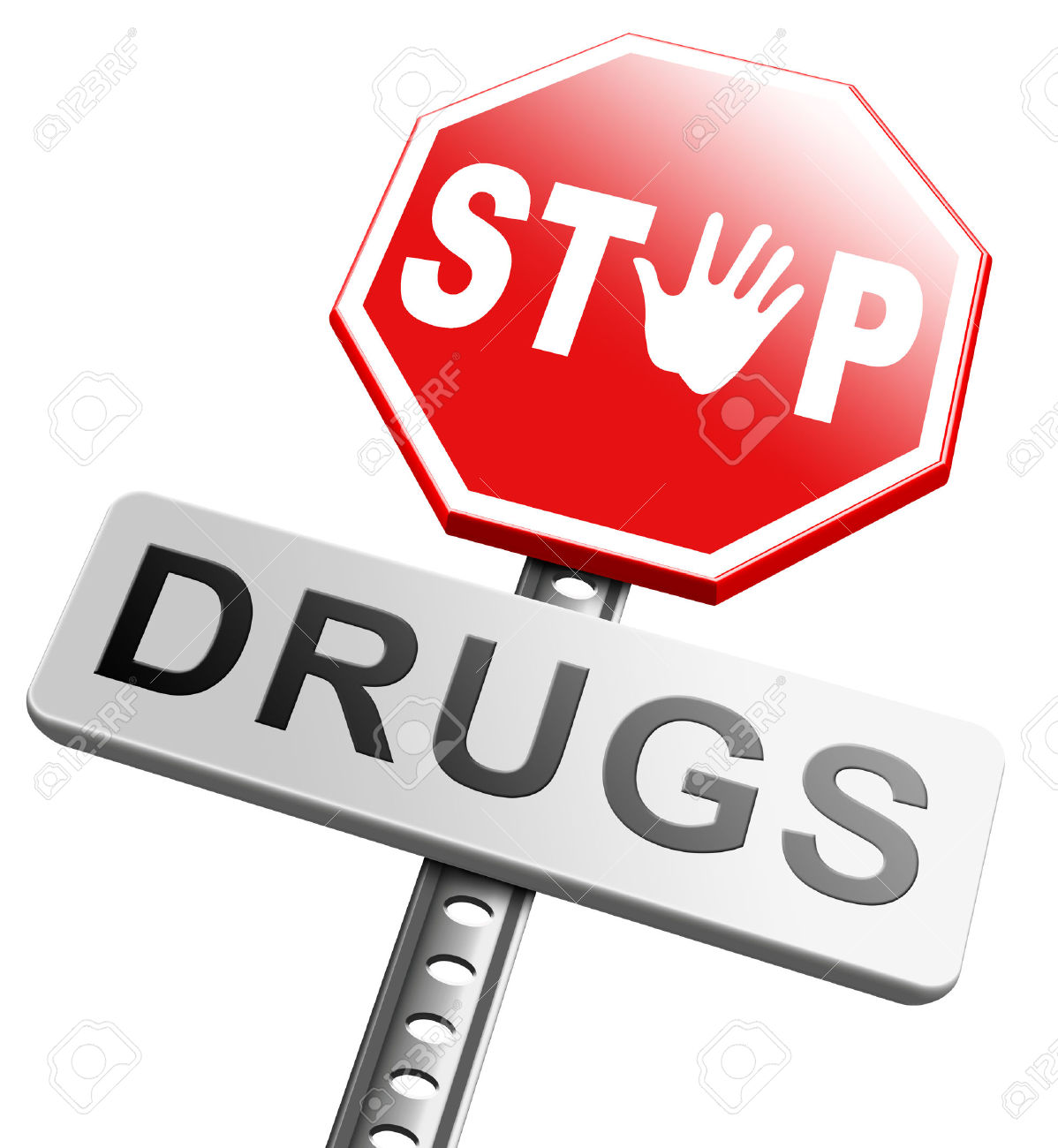Substance abuse prevention guidelines

Substance abuse prevention guidelines that help in effective treatment and recovery
Substance abuse prevention guidelines: The duty of care to everyone
When one has grown to the age where they can on their own will chose to indulge in substance abuse then we can comfortably say that such individuals are able to make positive decisions of stopping the indulgence. Often young people are faced with a number of challenges in life but of all these challenges much as they have some effects on you, they can never be anywhere close to the effects people experience when one uses alcohol or drugs. In her over two decades of helping addiction patients, doctor Dalal Akoury registers that the decision you take about alcohol and drugs will influence your health, school performance, your job, career or your relationship and freedom. The effects of alcohol and drug abuse are fatal and life threatening and that is why substance abuse prevention guidelines are essential for all of us to keep the distance from all these substances. Because of the seriousness consequences, it is important to know that as an individual you first ore yourself the duty of care to be responsible for your own health and then to people around you. When discussing the guidelines for substance abuse prevention and especially in our young ones we must take note of these two very important factors:
- At what age do you first use alcohol and drugs?
- A family history of alcoholism and drug addiction.
For the purpose of this article, we will discuss the first factor and progressively deal with the second one in the next article. This is going to be very informative and you don’t want to be left out.
Substance abuse prevention guidelines: Age of first use of alcohol and drugs
Indulgence in alcohol consumption and drugs use at a tender age when the brain is still developing and has not fully matured will definitely increase your risk of being an addict in the future for alcoholism and drugs. When you begin using drugs or consuming alcohol early say 15 years of age, because of the state of your brain at this time you are more likely to increase your risk of developing alcohol abuse or dependence compared to those making their first taste of the same at the age of 21 or more. This theory has been confirmed by several types of research done of late. Having said that, we now understand why dealing with drug craving is a serious problem. Many patients have consented to take their first drink in their childhood some as young as seven years of age.
This is a clear indication that as parents and guardians, we need to re-evaluate our roles in childbearing and up bring. This is not a family motivation message but if we want to have a healthy generation in the future, what we do today with our young one’s matters. You can choose to make a positive change now by scheduling an appointment with doctor Dalal Akoury and her team of experts today so that redemption can be done professionally.
Substance abuse prevention guidelines: The duty of care to everyone
http://www.integrativeaddictionconference.com/wp-admin


